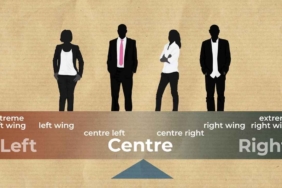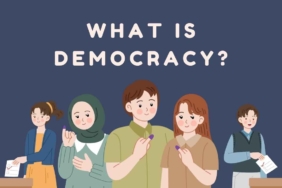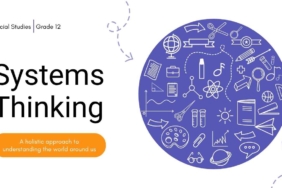Human rights are fundamental rights and freedoms that belong to every person in the world, from birth until death. These rights represent shared values of dignity, respect, and fairness and are essential for the stability of societies. However, the ongoing global challenges reveal critical issues regarding the protection and promotion of these rights.
What Are Human Rights?
Human rights encompass a wide range of protections and entitlements, which include but are not limited to the right to life, freedom of thought and expression, and the right to education and healthcare. These rights are often enshrined in international documents such as the Universal Declaration of Human Rights (UDHR), adopted by the United Nations General Assembly in 1948. The UDHR outlines basic rights and freedoms that should be universally protected.
Who Is Affected by Human Rights Violations?
Human rights violations affect individuals across various demographics, including ethnic minorities, religious groups, and marginalized communities. Ongoing conflicts, governmental oppression, and discriminatory practices have highlighted how vulnerable populations are often the most affected by the lack of effective human rights protections.
Where Do Human Rights Violations Occur?
Human rights violations are not confined to a specific region; they occur globally. Countries experiencing ongoing conflicts, such as Afghanistan and Syria, and those with authoritarian regimes, like N Korea and Belarus, provide pressing examples of where human rights are systematically disregarded, resulting in extreme suffering and loss of life.
When Are Human Rights Most Under Threat?
Human rights are most often under threat during times of conflict or when there is political instability. Natural disasters can also exacerbate these challenges, as vulnerable populations may lack access to basic needs, leaving them exposed to further violations.
How Can We Address Global Human Rights Challenges?
Addressing global human rights challenges requires a multifaceted approach, including:
- Strengthening international law and agreements
- Increasing advocacy for vulnerable populations
- Encouraging governmental transparency and accountability
Educational initiatives aimed at raising awareness about human rights, along with empowering local communities, are also essential to build support for human rights protections.
Comparison of Human Rights Violations by Region
| Region | Common Violations |
|---|---|
| Middle East | Suppression of freedom of speech |
| Africa | Gender-based violence |
| Asia | Forced labor |
| Europe | Discrimination against minorities |
Conclusion: Protecting Human Rights for a Better Future
In summary, understanding and reinforcing human rights are crucial in today’s world. The resilience of civilizations depends on how effectively we can address the ongoing human rights challenges that exist globally. Continuous engagement, education, and advocacy will be essential for fostering a culture of respect for human rights, ensuring a better future for all.














